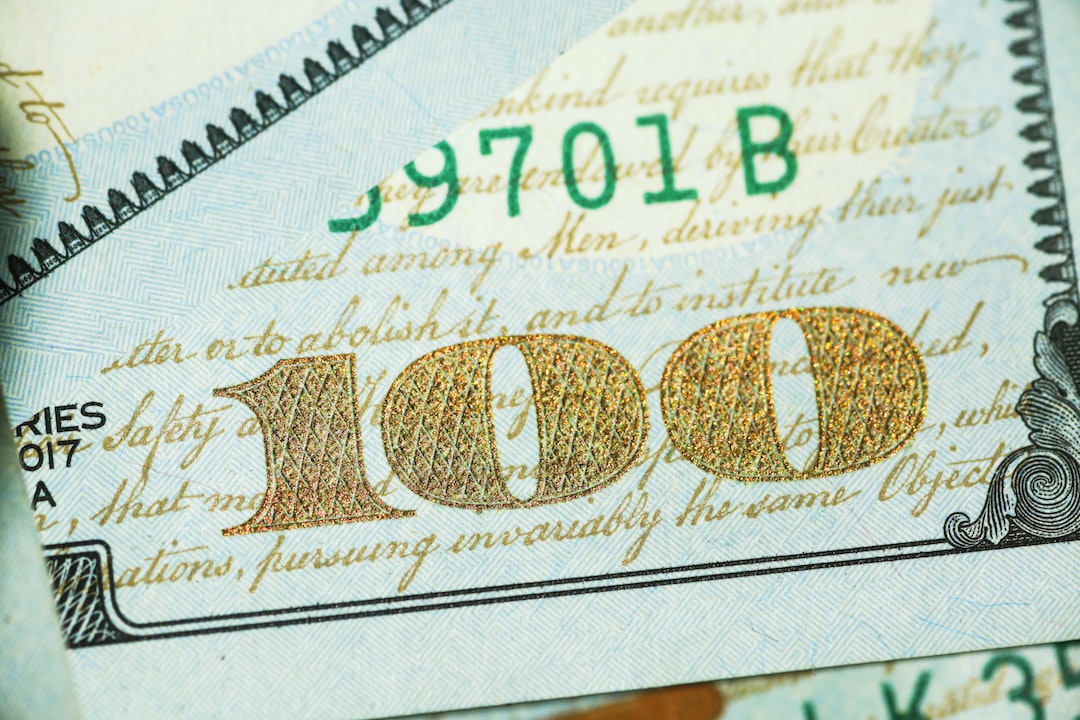Forex rollover fee, also known as swap fee, is a cost that traders incur when holding positions overnight in the foreign exchange market. It is a result of the difference in interest rates between the two currencies being traded. In this article, we will discuss when Forex rollover fees occur, how they are calculated, and their impact on trading.
When do Forex rollover fees occur?
Forex rollover fees occur when traders hold positions overnight. In the Forex market, trades are settled on a T+2 basis, which means that if a trade is opened on a Monday, it will settle on Wednesday. If the position is held past this settlement date, the trader will be charged a rollover fee.
The rollover fee is charged because when a trader holds a position overnight, they are essentially borrowing one currency to buy another. The interest rate on the borrowed currency is lower than the interest rate on the currency being bought. Therefore, the trader must pay the difference between the two interest rates to hold the position overnight.
How are Forex rollover fees calculated?
Forex rollover fees are calculated based on the interest rate differential between the two currencies being traded. The interest rate differential is calculated by subtracting the interest rate of the currency being bought from the interest rate of the currency being sold. For example, if a trader is buying USD and selling CAD, and the interest rate in the US is 2%, while the interest rate in Canada is 1%, the interest rate differential would be 1%.
The rollover fee charged to the trader would be equal to the interest rate differential multiplied by the notional value of the trade. The notional value of the trade is the total value of the trade in the base currency. For example, if a trader is buying 100,000 USD/CAD, the notional value of the trade would be 100,000 USD.
The rollover fee is also affected by the direction of the trade. If a trader is buying a currency with a higher interest rate than the currency being sold, they will receive a credit to their account. The credit will be equal to the interest rate differential multiplied by the notional value of the trade.
What is the impact of Forex rollover fees on trading?
Forex rollover fees can have a significant impact on trading. Traders who hold positions overnight will incur these fees, which can reduce their profits. If a trader is holding a position for an extended period, the rollover fees can add up and become a significant cost.
Traders can mitigate the impact of rollover fees by choosing to trade currencies with similar interest rates. For example, if a trader buys AUD/USD, they will not incur a significant rollover fee because the interest rates in Australia and the US are similar. However, if a trader buys USD/JPY, they will incur a rollover fee because the interest rate in Japan is lower than the interest rate in the US.
Conclusion
Forex rollover fees are a cost that traders incur when holding positions overnight. The fees are calculated based on the interest rate differential between the two currencies being traded and the notional value of the trade. Traders can mitigate the impact of rollover fees by choosing to trade currencies with similar interest rates. Understanding the impact of rollover fees on trading is essential for traders to make informed decisions about their trading strategies.





